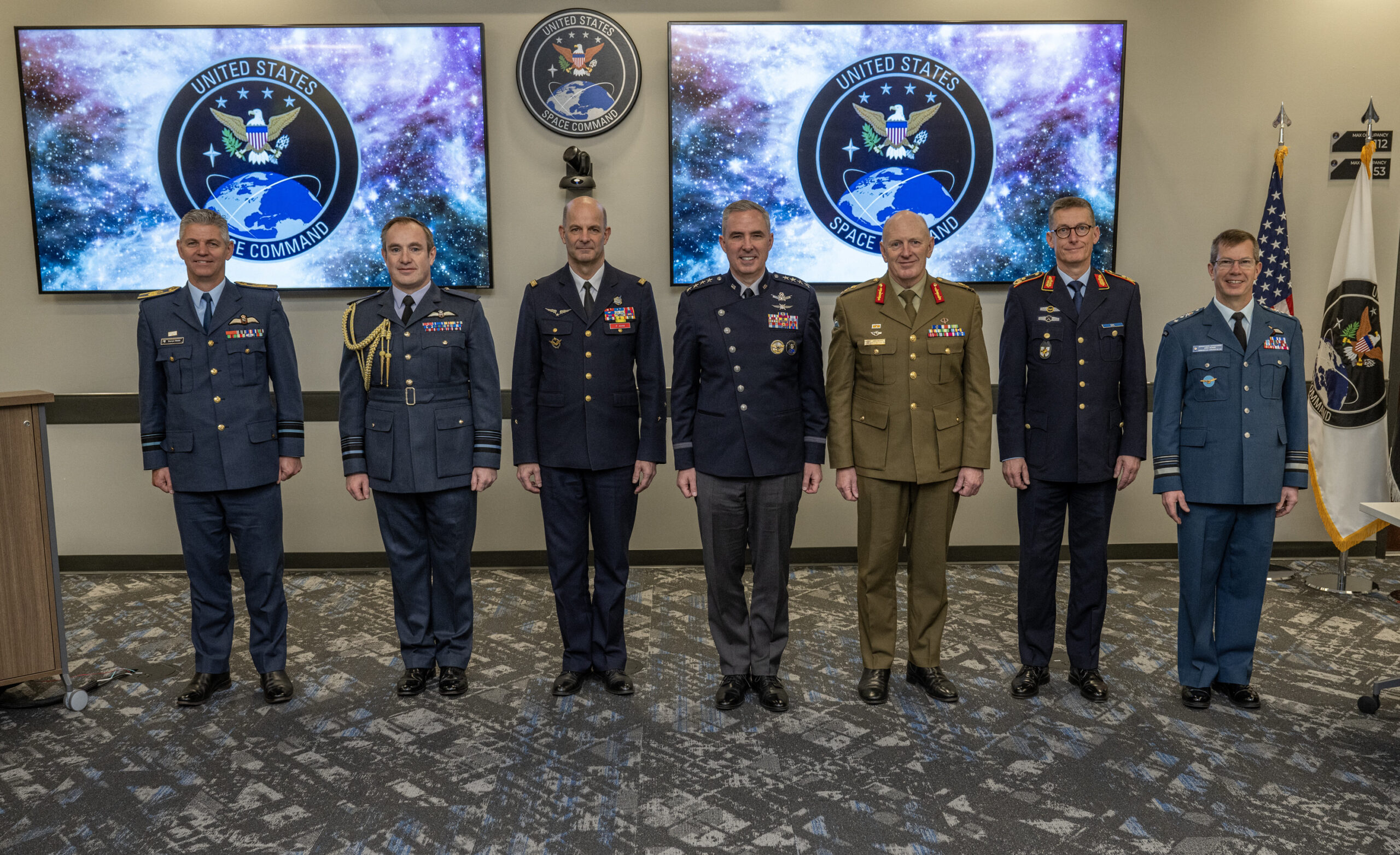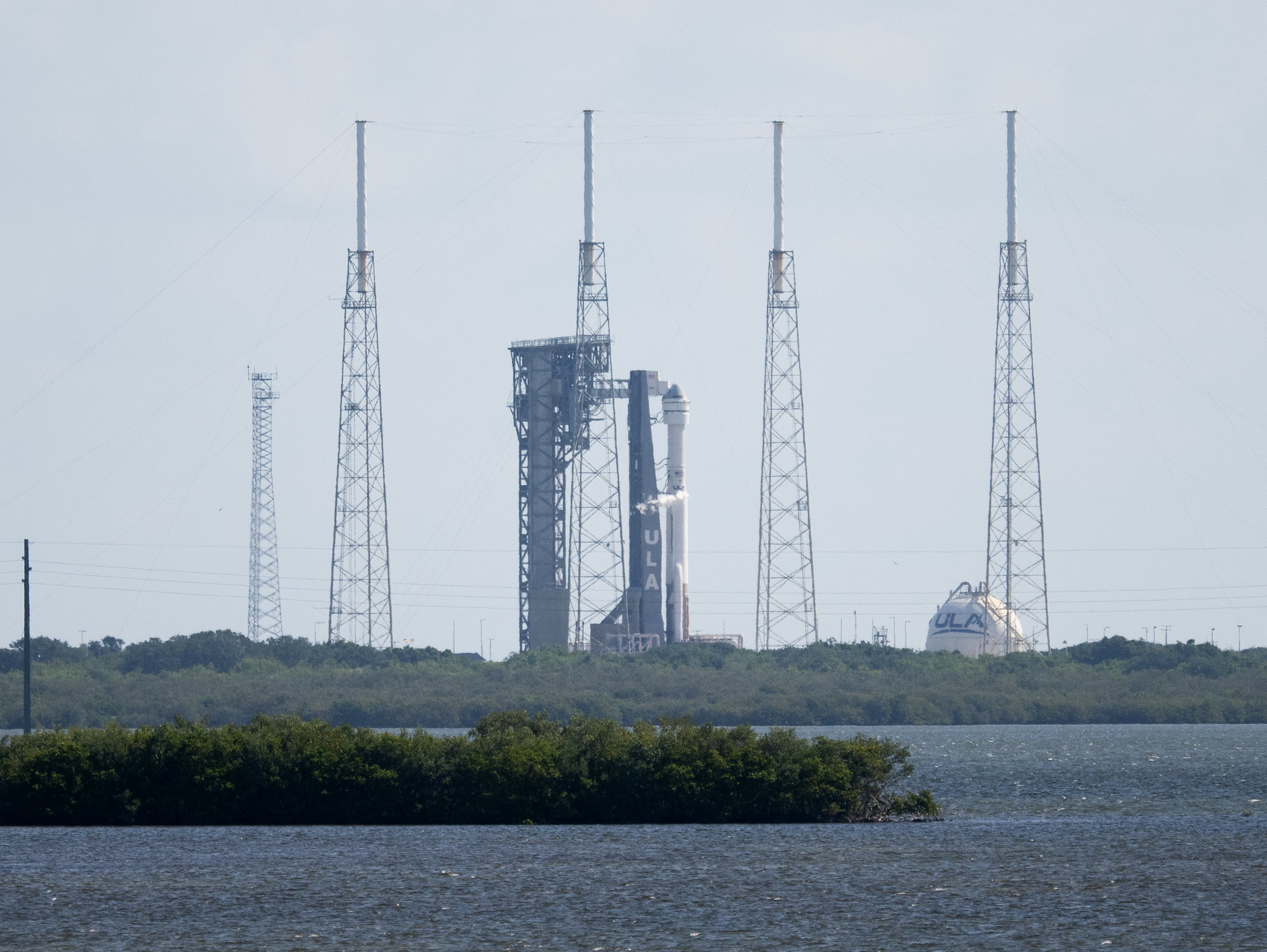On April 9, 2024, U.S. Space Force Gen. Stephen Whiting announced that the U.S. Space Command has invited France, Germany and New Zealand to join Operation Olympic Defender. On May 14, France’s head of space operations commented that, while the French government has not yet reached a decision, the invitation itself offers a “message of strategic solidarity.” France has proven to be not only an abiding but an advancing force in the realm of space, especially militarily. When — or if — France decides to give a firm response to this invitation, it will drive the near future of space alliances for both the U.S. and China.
The U.S.-led Operation Olympic Defender (OOD), initially formed by the U.S. military in 2013 to protect satellites in space, evolved in 2018 into an international effort between the closest allies of the U.S. “to deter hostile actions in space.” Formally transferred to the U.S. Space Command (USSC) in May 2020 — six months after the establishment of the U.S. Space Force (USSF) — its mission remains largely focused on intelligence-sharing and exchanges of personnel, being described by the USSC as “a multinational effort intended to optimize space operations, improve mission assurance, enhance resilience, and synchronize efforts.”
Currently, the OOD membership roster holds five names: the U.S., the United Kingdom, Canada and Australia — four of the five members of the Five Eyes intelligence alliance — with the fifth invited OOD member being New Zealand.
The timing of this invitation to France is unsurprising. Beginning March 20, the governments of the U.S. and France held the second meeting of the U.S.-France Comprehensive Dialogue on Space, which was quickly followed by the release of a joint statement. This statement lists an array of ongoing issues in space, including security, scientific and lunar exploration, international space law, climate science and private sector involvement. While no other country — such as China or Russia — is named in this official statement, its language delivers a sense of ever-growing urgency to act against “the full spectrum of hazards and threats.”
France (like much of Europe) is also in a period of renewed vigor to remain relevant and influential in space operations. In December 2023, French President Emmanuel Macron announced the new “France 2030” national investment plan, with the ninth of the plan’s 10 Objectives being to “take full part in the new space adventure.” In his messaging, Macron affirmed that France “must engage in this competition … paving the way for private initiatives and encouraging more risk taking.” France’s next presidential election is not set to be held until 2027, leaving Macron the chance to lay the strong foundation for France 2030’s 10 Objectives and, thus, remain influential in space; a potentially unique influence given France’s relations with the U.S. and China.
Even without this fresh investment, France has long proven to be a robust player in space, especially true as it relates to the integration of military forces in space. France’s Joint Space Command, originally formed in 2010, was superseded by the French Space Command in September 2019, with its Air Force being renamed as the French Air and Space Force one year later. Then, in March 2021, France led its first multinational military space exercise alongside the U.S., Germany and Italy, further arguing that France has ambitions to become a leader — not just a follower — in space operations. Notably, France has also regularly partnered with China on satellites ever since signing a bilateral agreement in May 1997, further promoting its versatility in both knowledge and partnerships regarding space.
Additionally, both France and Germany have been invited to join the operation before, in 2021. As OOD is primarily an intelligence-sharing cooperative, any invitation given must be thoroughly vetted and intentionally offered. On the parts of France and Germany, this means that their participation has long been considered and twice-vetted, further encouraging stronger bilateral relations and goodwill between the two countries in general. More importantly, France is already collaborating on space with most of these OOD-associated countries in the Combined Space Operations Initiative, which was set up in 2014 and released its Vision 2031 in February 2022.
With these points in mind, it is unsurprising why the U.S. would not only extend such an offer of partnership to France but also endeavor for the offer to eventually be accepted. On April 18, USSF Gen. Whiting, head of the USSC, hosted a multinational meeting with representatives of seven other nations — the four current members and France, Germany and New Zealand, the three OOD invitees — in Colorado Springs, Colorado, specifically to further discuss OOD.
Still, whether or not France will accept this renewed offer remains unclear.
Even within the last six months, several unnerving shifts have taken place regarding space relations that must be accounted for, especially within the U.S. context. For instance, it is evident through leaders’ rhetoric, official strategy releases and joint releases regularly produced over the last half year that the USSC is fixated on preparing for severe conflict so as to defend the U.S., its allies, and their mutual interests. USSF Chief of Space Operations General Chance Salzman summarized the U.S. objective at the Mitchell Institute’s 3rd Annual Spacepower Security Forum in Arlington on March 27: “We must protect our space capabilities while being able to deny an adversary the hostile use of its space capabilities … Because if we do not have space, we lose.”
Joint collaboration continues to be a prevalent topic for U.S. leaders, but only in reference to a select group of long-trusted parties. A line has been drawn — and is becoming deeper with every official statement — on a field that assumes the future holds nothing but war in space and does little but assures the establishment of an us-versus-them mentality. This educated and blatantly advertised assumption of war, while viably understandable after decades of intelligence analysis and policy prioritization, simultaneously imposes limitations in a future full of unknowns where options are immeasurably valuable.
With this undeniably aggressive narrative, coupled with years of delays in U.S. space programs, it is no wonder that France is taking its time to respond whether or not to tie themselves to this narrative. France’s two decades of collaboration with China — freshly reinforced during a visit by President Xi Jinping to France in May — may be what keeps France from fully accepting the U.S.’s offer to join OOD.
Perhaps France will repeat its trend from 2021 and keep its status on the OOD roster unchanged. Perhaps France will decide to clearly state its position in a show of policy prioritization and alliance building. Perhaps France will recognize its unique placement as a mutual bilateral partner of both the U.S. and China in space and utilize that to help stabilize U.S.-China relations on space issues for the betterment of all parties. Or, perhaps France will drag out its final decision to see where the next six months of this rapidly-changing field lead.
Regardless, circumstances have drastically changed in the last three years, and France must undoubtedly incorporate those changes into its calculations. With U.S. Space Command now fully operational, North Korea’s and Russia’s nuclear threat levels escalating, France’s renewed investments and France’s fresh pair of agreements on space collaboration with the U.S. and China, there is bountiful reason for France to laboriously debate its OOD membership. In this renewed space race that is just now picking up speed, and with France’s clear commitment to and experience in the domain, any open declaration on space collaboration by France, let alone a decision regarding the U.S.’s selective OOD club, would be a major win — or setback — for the U.S. in its battle for space domination against its self-declared rivals China and Russia.
Jessica Martin is a Research Associate and Manager of the Maritime Affairs Program at the Institute for China-America Studies in Washington, D.C.
Related




